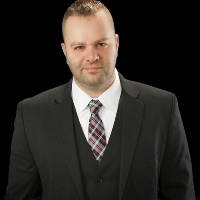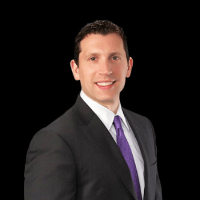Baltimore Misdemeanor Lawyer, Maryland
Sponsored Law Firm
-
 x
x

Click For More Info:
-
Roper & DiBlasio LLP
401 Headquarters Dr Ste 202 Millersville, MD 21108» view mapDivorce and Family Law Our Mission is Your Success
Roper & DiBlasio is a general practice law firm working within the local community to assist businesses, homeowners, and individuals with their legal needs.
800-785-7781
Oleg Fastovsky
Oleg Fastovsky is a lawyer in the state of Maryland who handles Criminal cases. He has tried cases in the areas of assault, drug charges, DUI, felon... (more)
Charles Waechter
✓ VERIFIEDAnnapolis Criminal Defense Law Firm If you face criminal charges, an experienced and respected defense lawyer can help protect your rights, evaluat... (more)
Wendy A. Cartwright
✓ VERIFIEDI have had the privilege of being in private law practice in Maryland for the last 19 years. I was a judicial law clerk for the Honorable Howard S. Ch... (more)
Kush Arora
Kush Arora is a lawyer in the state of Maryland who focuses on Criminal cases. He has tried cases in the areas of assault, DUI, drug charges, bur... (more)
FREE CONSULTATION
CONTACTRaymond Nicholas
FREE CONSULTATION
CONTACTJason A. Kerpelman
FREE CONSULTATION
CONTACTFREE CONSULTATION
CONTACT Kurt Roper Millersville, MD
Kurt Roper Millersville, MD Practice AreasExpertise
Practice AreasExpertise






